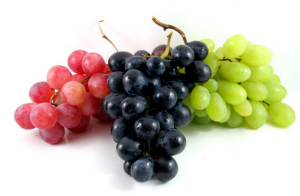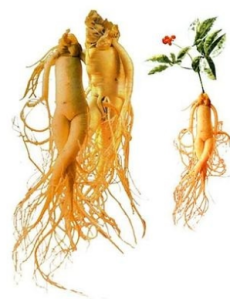 New research presented at the Experimental Biology conference in San Diego, California, suggests that regular grape consumption may help alleviate pain associated with symptomatic osteoarthritis of the knee, and improve joint flexibility and overall mobility. Researchers attribute these potential benefits to the polyphenols found in grapes.
New research presented at the Experimental Biology conference in San Diego, California, suggests that regular grape consumption may help alleviate pain associated with symptomatic osteoarthritis of the knee, and improve joint flexibility and overall mobility. Researchers attribute these potential benefits to the polyphenols found in grapes.
The sixteen week clinical study, undertaken by Texas Woman’s University, was designed to investigate the benefits of grape consumption on inflammation and osteoarthritis outcomes. 72 men and women with knee osteoarthritis (OA) were assigned to either consume grapes in the form of a whole grape freeze-dried powder, or a placebo powder.
The study results, presented by lead investigator Shanil Juma, Ph.D., showed that both men and women consuming a grape-enriched diet had a significant decrease in self-reported pain related to activity and an overall decrease in total knee symptoms. This beneficial effect was more pronounced in females. Additionally, age-related differences were observed: there was a 70% increase in very hard activity for those under 64 years of age consuming the grape powder, while those receiving the placebo reported a significant decrease in very hard activity. Participants over 65 years, whether consuming grapes or the placebo, reported a decline in moderate to hard activities.
Evidence of increased cartilage metabolism was observed in men consuming the grape-enriched diet; they had higher levels of an important cartilage growth factor (IGF-1) than those on placebo. This protective effect was not observed in the females. The researchers noted that no difference in range of motion was observed for either the grape group or the placebo group. The serum marker for inflammation (IL1-β) measured was increased in both placebo and grape groups, although much less of an increase was observed in the grape group.
“These findings provide promising data that links grape consumption to two very important outcomes for those living with knee osteoarthritis: reduced pain and improvements in joint flexibility,” said Dr. Juma. “More research is needed to better understand the results of the serum biomarkers, as well as the age and gender differences observed.”
Dr. Juma also shared results from a recent cell study that looked at the effects of whole grape polyphenols on cartilage cell integrity and markers of cartilage health. Cartilage cells were first treated with various doses of whole grape polyphenols, and then stimulated with an inflammatory agent. Cell proliferation significantly increased – in a dose dependent manner – in the grape polyphenol treated cells in the presence of an inflammatory agent. Additionally a marker for cartilage degradation was significantly lower with the three highest doses of the whole grape polyphenols when compared to control cells and cells treated with the inflammatory agent, suggesting a possible protective effect of grapes on cartilage cells.
Osteoarthritis is a condition where the natural cushioning between joints – the cartilage – wears away. Millions of Americans are affected by osteoarthritis: according to the Arthritis Foundation, more than 27 million people have osteoarthritis and knees are an area most commonly affected. Osteoarthritis is more likely to occur in people over 45 years of age, and women are more likely to have osteoarthritis than men.
http://www.medicalnewstoday.com/releases/276668.php
Picture courtesy of www.medicalnewstoday.com
